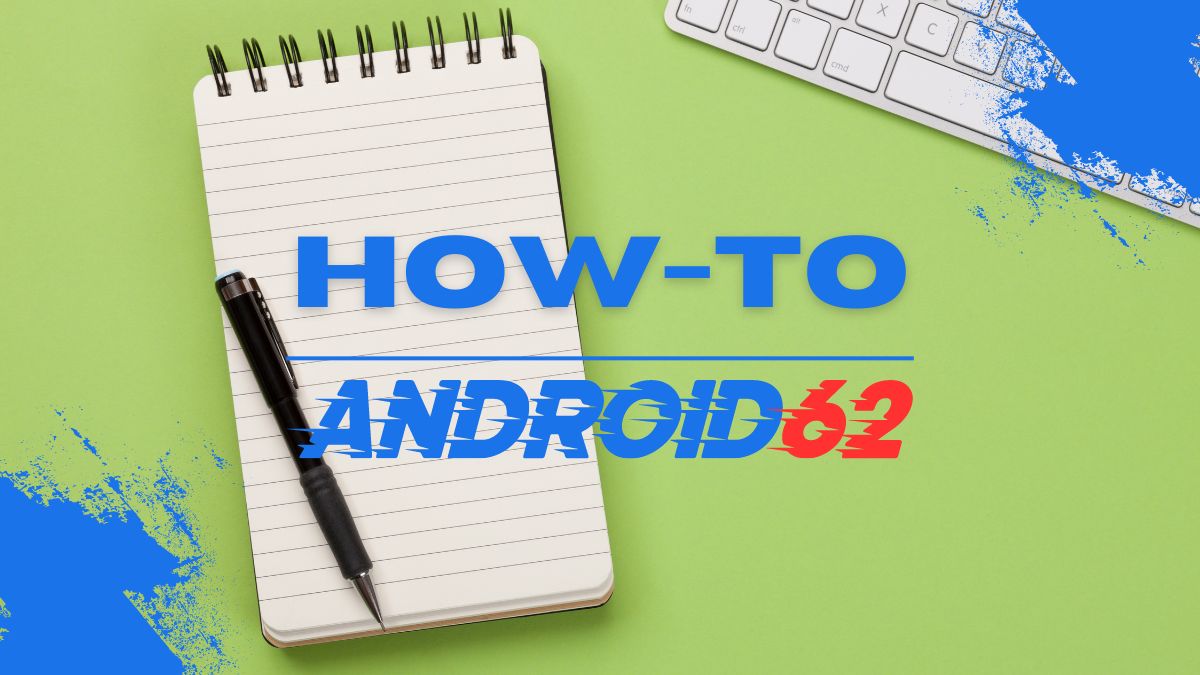
Learning how to say “yes” in different languages is a great way to expand your linguistic skills and show respect to other cultures. In Korean, there are several ways to express agreement or affirmation. Whether you are traveling to South Korea, interacting with Korean speakers, or simply interested in the Korean language, knowing how to say “yes” will come in handy. In this article, we will explore the various ways to say “yes” in Korean and provide examples for each expression.
1. 네 (ne) – Yes
Ne is the most commonly used word to express agreement or affirmation in Korean. It is a simple and polite way to say “yes” in most situations. This word is suitable for formal and informal settings, making it a versatile choice when responding affirmatively.
Example:
- Q: 주말에 영화를 보러 가자. (Let’s go watch a movie this weekend.)
- A: 네. (Yes.)
2. 예 (ye) – Yes
Ye is another common word used to express agreement or affirmation in Korean. It is slightly more formal than ne but can be used in various situations where politeness is required.
Example:
- Q: 물 좀 마실래? (Would you like some water?)
- A: 예. (Yes.)
3. 응 (eung) – Yes
Eung is a casual and informal way to say “yes” in Korean. It is commonly used among friends, family members, or people of the same age group. While it lacks formality, it conveys a sense of closeness and familiarity.
Example:
- Q: 내일 같이 공원에 가자. (Let’s go to the park together tomorrow.)
- A: 응. (Yes.)
4. 네, 그렇습니다 (ne, geureotsseumnida) – Yes, that’s correct
Ne, geureotsseumnida is a more formal way to say “yes” in Korean, particularly in professional or official settings. This phrase emphasizes correctness and respectfulness in agreement.
Example:
- Q: 회의 시간이 변경되었습니다. (The meeting time has been changed.)
- A: 네, 그렇습니다. (Yes, that’s correct.)
5. 네, 알겠습니다 (ne, algetseumnida) – Yes, I understand
Ne, algetseumnida is a polite way to acknowledge understanding while agreeing in Korean. This phrase is commonly used when someone explains something or gives instructions.
Example:
- Q: 이 문서를 서명해 주세요. (Please sign this document.)
- A: 네, 알겠습니다. (Yes, I understand.)
6. 응, 알았어 (eung, arasseo) – Yes, got it
Eung, arasseo is an informal way to acknowledge understanding or agreement in Korean. It is commonly used among peers or individuals of the same age group.
Example:
- Q: 내일 뵐 수 있어? (Can we meet tomorrow?)
- A: 응, 알았어. (Yes, got it.)
7. 네, 고맙습니다 (ne, gomapseumnida) – Yes, thank you
Ne, gomapseumnida is a polite way to express gratitude while agreeing in Korean. This phrase is often used to show appreciation for the offer, suggestion, or request being made.
Example:
- Q: 도와 줄까요? (Can I help you?)
- A: 네, 고맙습니다. (Yes, thank you.)
8. 네, 혹시 (ne, hoksi) – Yes, maybe
Ne, hoksi is a phrase that combines agreement with uncertainty or possibility in Korean. It is used when one is unsure about a decision or outcome but still acknowledges the potential for it to happen.
Example:
- Q: 내일 비가 올까요? (Will it rain tomorrow?)
- A: 네, 혹시. (Yes, maybe.)
9. 네, 하나 더 (ne, hana deo) – Yes, one more
Ne, hana deo is a phrase used to agree to have one more of something in Korean. It is commonly used in social settings when offering or accepting additional servings or items.
Example:
- Q: 커피를 한 잔 더 드릴까요? (Would you like one more cup of coffee?)
- A: 네, 하나 더. (Yes, one more.)
10. 네, 제가 (ne, jega) – Yes, I will
Ne, jega is a phrase used to agree to take on a task or responsibility in Korean. It is a polite way to confirm one’s willingness to do something as requested.
Example:
- Q: 저를 도와 줄 수 있나요? (Can you help me?)
- A: 네, 제가. (Yes, I will.)
Learning how to say “yes” in Korean is a useful skill that can enhance your communication with native speakers and deepen your understanding of the language. Whether you choose to use ne for its simplicity, ye for its formality, or eung for its casualness, your ability to affirm in Korean will enrich your cultural experiences and connections. Practice these expressions in various contexts to become more fluent in conveying agreement and acceptance in the Korean language.



